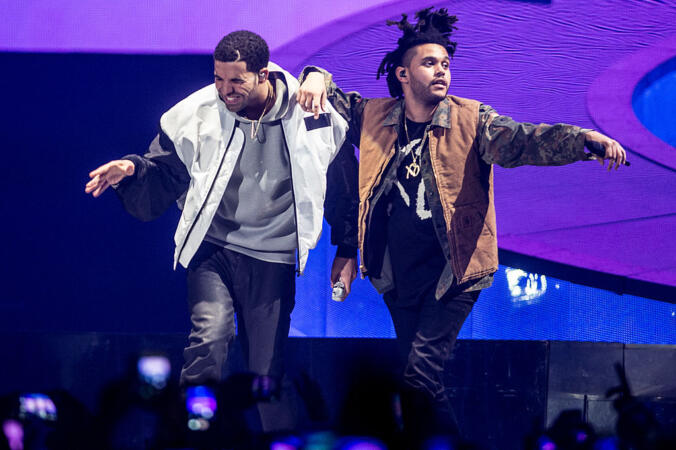The rapid advancement of artificial intelligence has prompted government officials to propose a bill that allows artists, actors and other performers to bring a lawsuit against people who replicate their likeness without permission. Democratic Sens. Chris Coons of Delaware and Amy Klobuchar of Minnesota are sponsoring the “No Fakes Act,” along with Republican Sens. Marsha Blackburn of Tennessee and Thom Tillis of North Carolina, The Grio reported.
“The NO FAKES Act would prevent a person from producing or distributing an unauthorized AI-generated replica of an individual to perform in an audiovisual or sound recording without the consent of the individual being replicated,” Coons said in a statement. “The person creating or sharing the unauthorized replication would be liable for the damages caused by the AI-generated fake.”
The issue came to the forefront earlier this year when an unknown person used A.I. to replicate the voices of Drake and the Weeknd. The unidentified person, known as Ghostwriter, produce a viral track titled “Heart on My Sleeve” using the artists’ voices.
“The song ‘Heart on my Sleeve,’ which used AI-generated likenesses of the voices of pop stars Drake and The Weeknd, accumulated hundreds of thousands of listens on YouTube, Spotify, and other streaming sites within days and was poised to appear on streaming charts before it was removed by streaming services,” Coons stated.
SAG-AFTRA President Fran Drescher said the “No FAKES ACT” is critical in order to protect artists and actors.
“A performer’s voice and their appearance are all part of their unique essence, and it’s not ok when those are used without their permission. Consent is key,” Drescher said according to Deadline.
The bill provides exceptions for representation of sports broadcasts, documentaries or biographical works. Exceptions are also made for work involving comment, criticism, or parody.
“Songwriters, actors, and our incredibly talented creative community deserve the right to own their name, image, and likeness (NIL). This legislation is a good first step in protecting our creative community, preventing AI models from stealing someone’s NIL, and ensuring that those rights are given primary consideration under the law,” Coons stated.

